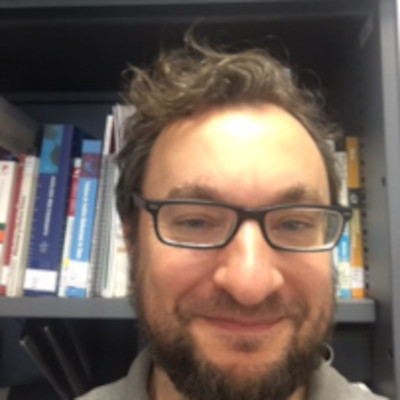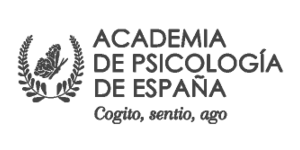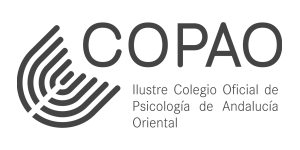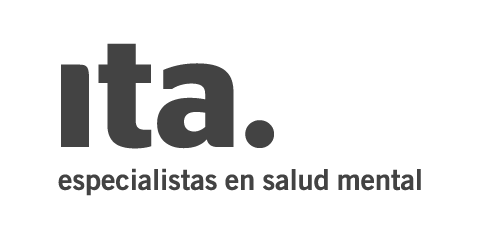Speaker

JORGE JAVIER RICARTE
UNIVERSITY OF CASTILLA-LA MANCHA. SPAIN
He graduated with an honors degree from the University of Valencia. He is currently a Full Professor, accredited as CU, in the Department of Psychology at the University of Castilla-La Mancha, in the Area of Basic Psychology. He teaches bilingual courses in the Primary Education program at Albacete. He is also Vice Dean of Quality, Research, and Teaching Innovation and Coordinator of the Master’s Degree in General Health Psychology. His research focuses on autobiographical memory and psychopathology throughout development, the phenomenological characteristics that underpin autobiographical memory, and the association between self-defining autobiographical memories, personality, mental health, and future thinking. He is currently leading a nationally funded project with cancer patients. His merits in internationalization are notable, having given guest lectures in France, Germany, and Mexico, and collaborating with the Mood Disorder Centre (Exeter, UK), the Northern University of Chicago, and Deakin University in Melbourne (Australia). He has a long history of publishing in prestigious international journals, with more than 90 JCR publications. In terms of knowledge transfer, he has published various educational and informative manuals and collaborated with the Ministry of Health of Castilla-La Mancha and the SESCAM (National Institute of Health) on the Regional Health Plan within the Knowledge Management group: Strategies for suicide prevention and intervention in suicide attempts. He has directed five doctoral theses with derivative publications, and is currently supervising new theses focused on screen use, digital addiction, and emotional regulation in children and adolescents.
Dimensions in the Use of Electronic Devices in Children: Effects on Health Habits and Family Communication, Digital Addiction, and Therapeutic Use

The widespread use of electronic devices among children is a relatively recent phenomenon that requires further research to understand both its risks and positive applications. Understanding the consequences of device use on health habits such as sedentary behavior, sleep, and stress is essential, while also recognizing that technological proficiency can foster learning, development, and future career opportunities.
Thus, this thematic session aims to present our latest research on both the negative effects of device use on children’s daily lives and the associated psychopathological variables that can be leveraged for prevention. Additionally, we will explore its dimensions in terms of addiction, concluding with a study on the benefits of technology use for children with autism spectrum disorder.
Our findings indicate that while inappropriate use of electronic devices is linked to higher levels of stress, sleep problems, and sedentary behavior, not all uses are harmful. Moreover, there are gender-based differences in device usage that warrant further exploration. We have also observed that addictive patterns of use often reflect a maladaptive coping strategy, particularly in cases where there is a preexisting emerging psychopathology (e.g., anxiety, depression, or intolerance to uncertainty).
Therefore, we consider this maladaptive use to be another indicator of socioemotional maladjustment that can be prevented through family education, particularly regarding parent-child communication variables, which will also be addressed in this session.












